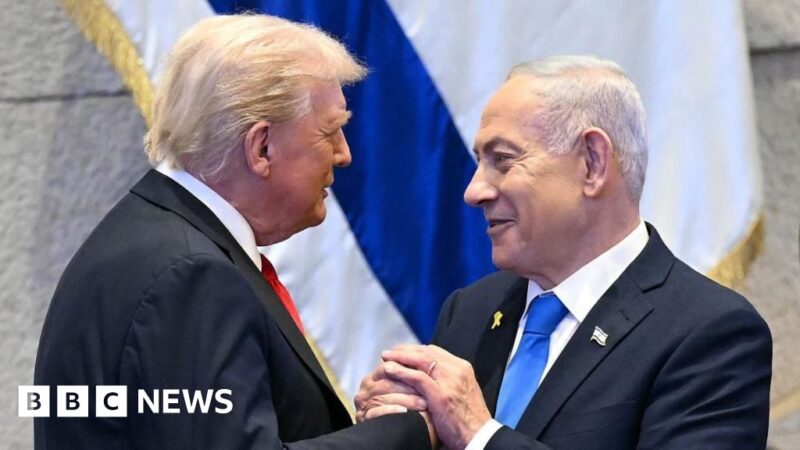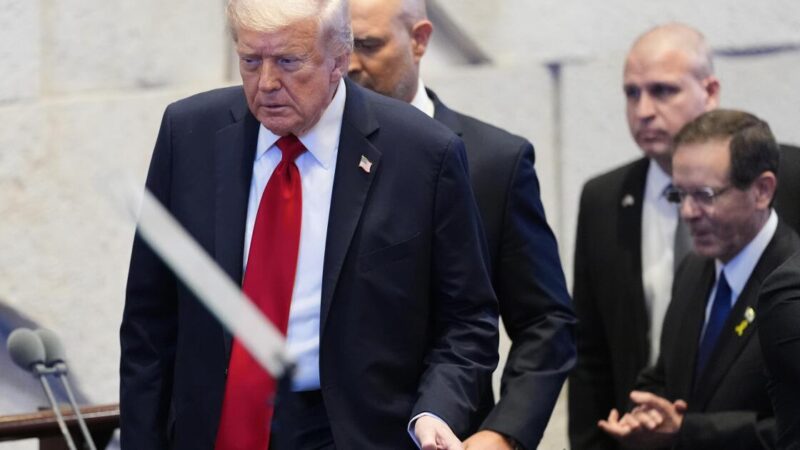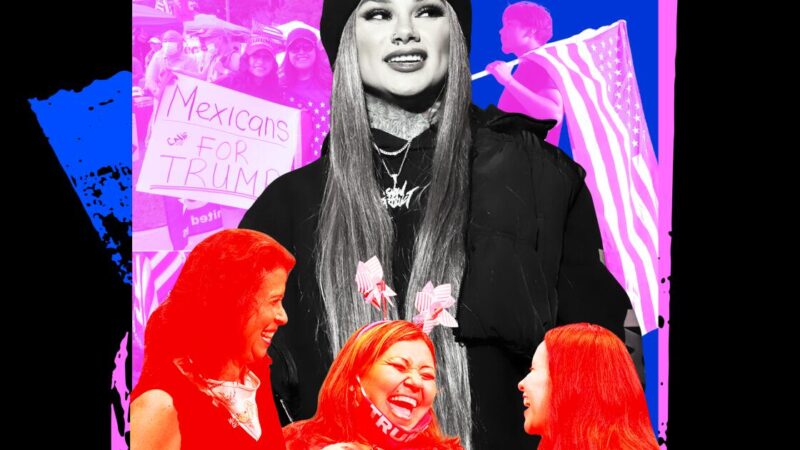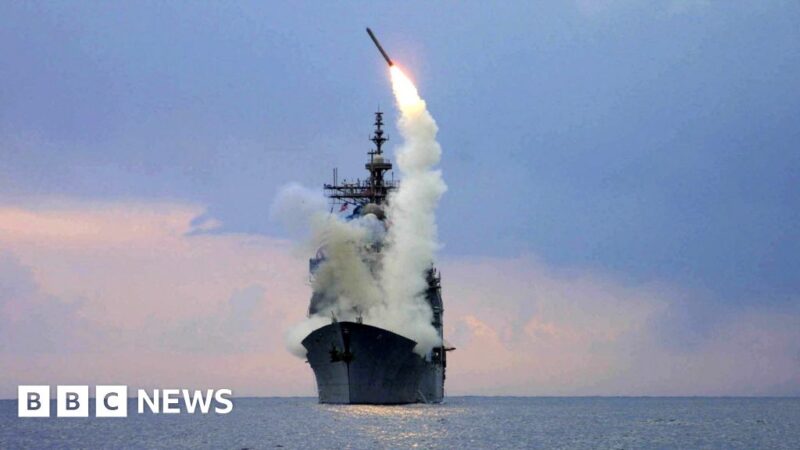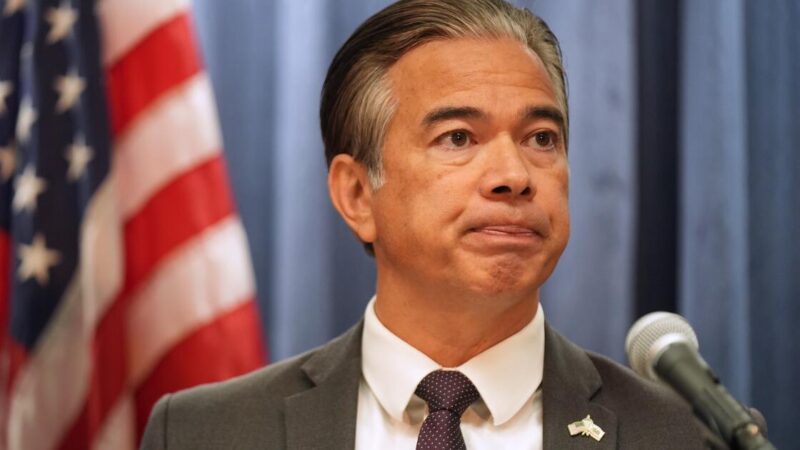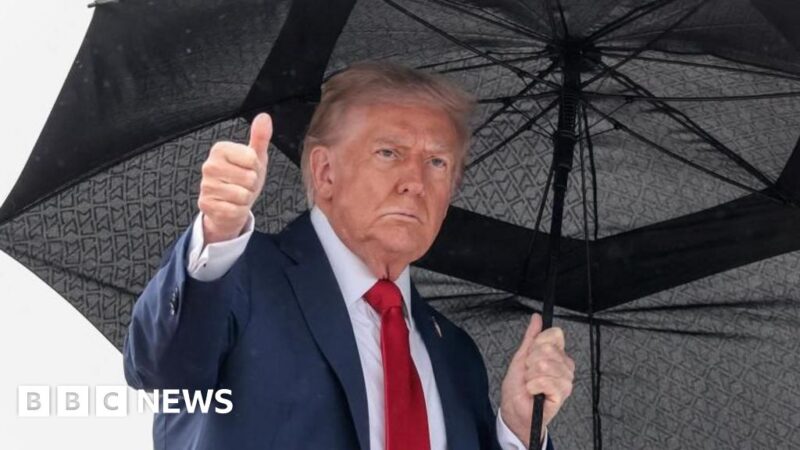UCLA enacts new campus protest rules, several that mirror Trump’s demands
As UCLA grapples with sweeping government attacks on its research funding and policies, the university on Friday released new campus protest rules — several in sync with Trump administration demands to crack down on demonstrators — but others that expand free speech zones and allow activities the White House wants to prohibit.
The guidelines formalize interim policies put in place last September, when UCLA and UC issued strict mandates banning unauthorized overnight encampments and the use of masks while breaking campus policy. Most of UCLA’s outdoor spaces were off-limits to any protest that was not pre-approved, which remains the case.
The policies were announced ahead of the Monday kickoff of the fall term and come at a high-pressure moment as U.S. universities reevaluate safety and come under pressure from conservatives to take action against comments they consider insensitive about the fatal shooting of right-wing activist Charlie Kirk on a Utah campus. At UCLA, a diversity, equity and inclusion officer has been placed on leave for comments on social media expressing satisfaction and indifference about Kirk’s death.
UCLA Associate Vice Chancellor for Campus and Community Safety Steve Lurie said the guidelines are not a response to President Trump and “represent the current state of best practices in free speech and we will continue forward with these until we’re given other direction.”
UCLA strives to enforce rules in a “content neutral” way, Lurie said.
“There’s nothing in here that we’re doing to try and react” to Trump, Lurie said, adding he is “not concerned” over whether the rules conflict or align with federal demands.
The policies include a ban on unauthorized demonstrations at Royce Quad, the site of a spring 2024 pro-Palestinian encampment the Trump administration has cited as the central reason for pulling $584 million in UCLA research funding.
The government says the camp was antisemitic and that UCLA did not respond adequately to complaints of anti-Jewish incidents. Trump has demanded the university pay a $1.2-billion fine and institute wide campus changes, including denying admission to foreigners with undefined “anti-Western” views. The government has also sought revisions to admissions, hiring, treatment of gender identity, diversity programs and data disclosure to restore funding.
Friday’s guidelines were initially scheduled for release in the spring but delayed as UCLA solicited more campus feedback.
How policies differ from Trump demands
There are key differences between what the government wants and what UCLA approved.
The Trump administration has demanded a “prohibition on overnight demonstrations in any university locations.”
UCLA, as previously enacted, will allow preapproved overnight events — such as an all-night reading last October of famed Palestinian American author Edward Said’s memoir. The rules say people can camp overnight if “part of an official university function.”
The government wants UCLA to screen foreign student applicants to make sure those “likely to engage in anti-Western, anti-American, or antisemitic disruptions or harassment” are not admitted. The government did not define what constitutes such speech. Trump administration officials have said pro-Palestinian protests are anti-American and against U.S. foreign interests.
The new free speech rules contain no mention of international students or a ban on “anti-Western, anti-American” ideas.
UCLA’s new policies make clear that campus disruptions are not allowed, and define them to include “undue interference with ingress or egress of any pedestrian or of any form of traffic” and “undue interference with others’ access to campus operations or activities, facilities or programs.”
This language is generally in sync with what the government wants. It is also similar to a settlement the university reached in July with Jewish students and faculty who sued over the 2024 encampment, alleging it illegally blocked Jews from access. Pro-Palestinian Jews were a large encampment presence.
But the government’s proposal goes further: It wants a “prohibition on requiring wristbands, ideological pledges, or vouching for access to public campus areas.” No explicit mention of such restrictions are in the new rules.
UCLA says guidelines preserve free speech
In a statement, UCLA Chancellor Julio Frenk said the policies “drive us toward our aspiration to be an exemplary university, demonstrating how institutions may preserve and cultivate free speech, thought, and expression with respect, safety, and adherence to the law remaining uncompromised.”
“Universities should not only tolerate diversity of thought — they should cultivate it. At the same time, we must create a safe and welcoming environment for all members of our community,” he said.
In a campus letter, administrators said the rules were “focused on balancing the collective interest of the entire campus community.”
Violations “may carry serious consequences: legal penalties, university disciplinary action for students and employees, and application of relevant collective bargaining agreements. Some of these policies overlap with local and state laws, so certain violations may lead to detention or arrest,” said the message from Administrative Vice Chancellor Michael J. Beck, Vice Chancellor for Student Affairs Monroe Gorden Jr. and Lurie.
Some say rules are too sweeping
UCLA undergraduate student body President Diego Bollo said the university was sending “a message to its campus community but also the country that it takes public expression seriously. However, this comes at the expense of free speech at a university.”
Bollo said the rules were “far too broad” and expressed concern that enforcement would come at “the discretion of university officials.”
“They’re pressured by external factors, and that includes the federal government,” Bollo said. “Look, there’s more to come in regards to expression activities on our campus, other than Palestine and Israel. There’s protests over federal funding. There’s labor unions that are going on strike. … There’s demands to stand up against Trump. There are a lot of political opinions.” But “policies this broad open up the possibility of different enforcement.”
UCLA has faced criticism over demonstrations in the last year from groups that say it did not evenly follow its policies. Pro-Palestinian students, who have held multiple rallies and events — including a film screening on Royce Quad in April — have complained police unjustly and aggressively shut down their actions.
Campus groups, including pro-Israel faculty and students, have also accused police of leniency in enforcing masking policies.
Lurie said that enforcement will be carried out according to all rules and without consideration of political views.
Outdoor areas of the UCLA campus open to free speech without prior permission largely conform to pedestrian and green spaces, including Meyerhoff Park and the southeast corner of Dickson Court South. But fewer areas of Bruin Plaza, a long campus walkway, are now available for spontaneous events. A grassy corner by Westwood Village is also now on the list of open spaces.
Newly off-limits: the north tip of Gateway Plaza, outside of the Luskin Conference Center, which usually attracts protests during UC Board of Regents meetings.
Another new rule: Sound must be 85 decibels or below during marches, which are not allowed to disrupt classes and programs or block walkways. The measure is roughly equivalent to the sound of city traffic or a noisy restaurant. Sound was not previously considered during such marches.
Lurie said there was a “slight reduction” in square footage for protests without permits because UCLA limited demonstration areas near construction zones, sports venues and places where unspecified “difficult interactions” have taken place with large crowds.
The policies include a new definition of what counts as a disruption to include “speech or conduct that is likely to incite an immediate breach of the peace.”
Violence, threats of violence, or property damage are also considered disruptive. People who engage in disruptions in public protest areas will be asked to move to a different location. If they don’t, consequences can include arrest and campus discipline proceedings.
Last year, UCLA faced criticism for a heavy police and security presence on campus. Lurie said this year will “appear very much as it did last fall. We will have some augmented police patrols for the first week or two of campus, just as we transition from a fairly empty place to a place with up to 90,000 or 95,000 people per day.”
That will include Los Angeles Police Department officers and unarmed bike patrols, a non-police program Lurie said he is “working to expand.”
After Kirk’s killing on a Utah campus, Lurie said UCLA is “evaluating” its security, but is not initiating new measures.
“We are always doing security assessments and evaluating when we have speakers, especially high-profile speakers, to campus. But there are no specific changes to day-to-day operations based on the tragedy out of Utah,” he said.
And as the federal government ramps up immigration enforcement, Lurie reiterated UCLA police’s position on federal cooperation.
“We do not cooperate in nor are we ever involved in immigration enforcement,” he said. “We do not ask and we are not interested in a community member’s immigration status and we take no action based on it.”
